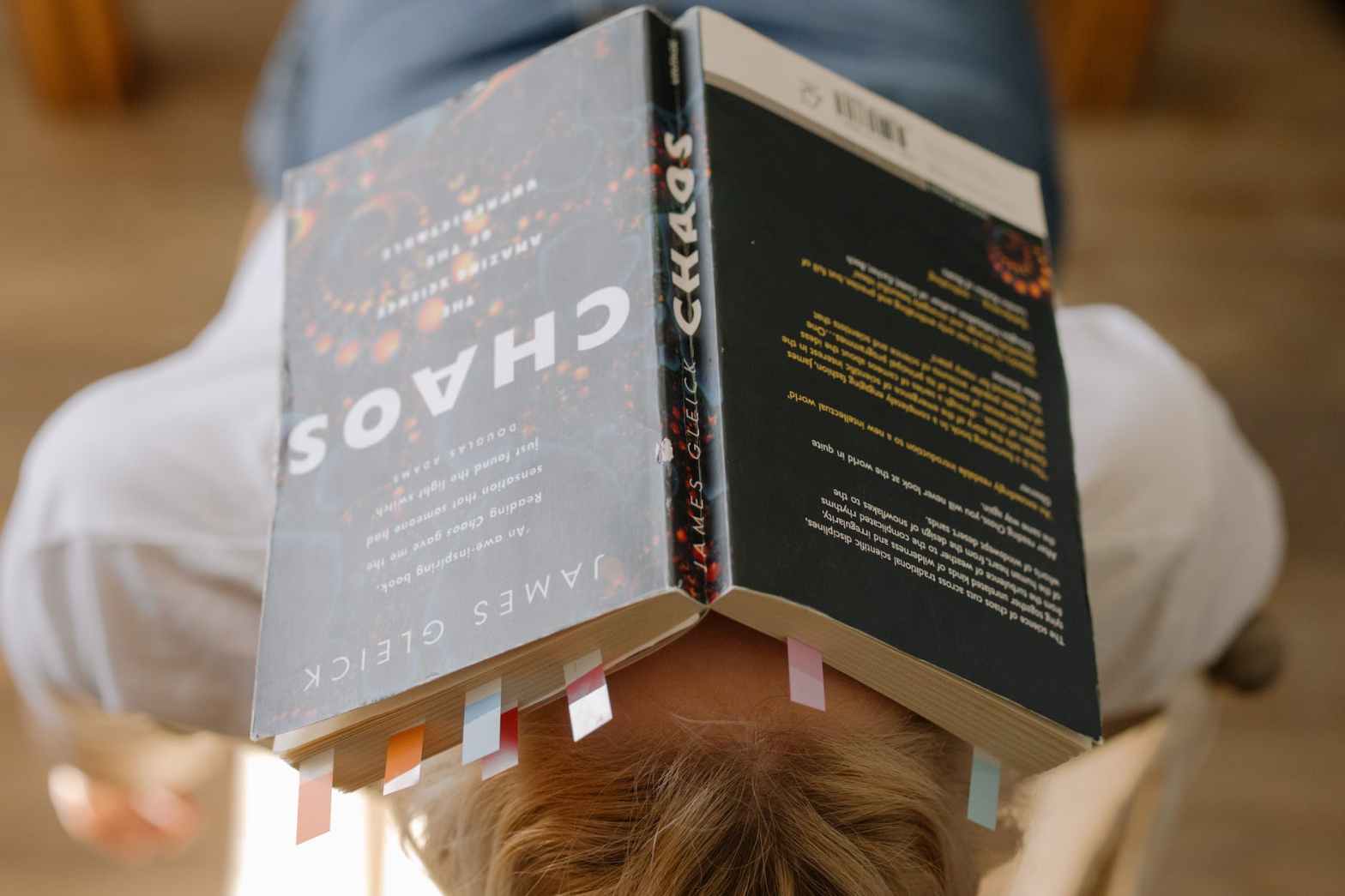To write well, you actually need to, well, write! Writing is a skill that needs to be honed. What are you currently doing to sharpen that skill? If you want to take your writing to the next level, it’s time to take writing exercises seriously. It’s time to assign yourself some homework.
Author Archives: M Gardner
What is a manuscript assessment?
You’ve written a book you’re nervously in love with. Now what? Contrary to every neophyte urge in your authorial body, you are not to immediately send your work out to every publishing house you know. Sorry! Instead, you’re in for an age of reviewing. Yaaaaay . . .
So, what is a manuscript assessment and how is it different from a beta read? Let’s get into it.
What the Canada Council for the Arts can do for you as an author
Being an author is hard, and it’s harder for first-time authors or people who need to work a separate job to support their writing habit. Money doesn’t come easy to new authors! But there are organizations that can help you survive the artistic lifestyle. The Canada Council for the Arts provides millions of dollars in funding each year to artists across the country, even to authors. While it’s more difficult for a fiction writer to get a grant than a nonfiction author, it’s worth understanding what support you could be eligible for from our government.
How to write dialogue that doesn’t drag
Writing convincing dialogue is one of the trickiest things to do as a writer. This is known. Figuring out how to write dialogue that conveys your meaning and propels the action of your work is hard, but not impossible. From using the right dialogue tags to accurately depicting emotions and dialects, this article will helpContinue reading “How to write dialogue that doesn’t drag”
What to do with (unpublished) family manuscripts
Every now and again I get inquiries from family members dealing with a loved one’s possessions who have found a manuscript. Typically they want to know what to do with this compilation of work—and if it’s any good. Sometimes the family is really enthusiastic about the project. Sometimes they haven’t even read it yet. And that’s fair.
Mood (writing) board
Mood: I don’t want to write. I don’t feel like it. The scene I have to write doesn’t match my mood at all and therefore I can’t write anything.
Sound familiar? Good. You’re having a very normal writer experience. The thing is, your mood—as a professional writer, that is—doesn’t matter. Like, at all. If you’re wanting to make a career out of your writing, you’re going to have to get comfortable mighty quickly with writing through discomfort or even your own discordance. But you can do it smartly, in a way that feels less like pulling teeth and more like productive work. If that doesn’t sound appealing, I don’t know what would!
Let’s talk trash: dealing with garbage in fiction
Whenever you’re diving into world creation, it’s important to keep in mind what kind of trash you’re also likely diving into. While you can easily see today’s trash, particularly what’s in your own area, it can be hard to imagine new landscapes of garbage. So that’s what we’re going to overview today: How to forecast your trash, where to find information about the trash of the past, and why it’s so important to get it right.
What can a librarian do for a writer?
Finding the right sources, whether you’re a journalist or a novelist, is incredibly important for professional writers. If that material search has ever taken you to the library, you’ll already know what a librarian can do for a writer. If you’ve previously preferred to do all your own sourcing yourself, I hope this article will help you see there are faster and more efficient ways to get what you want—at your local library.
What is a sensitivity reader and do I need one?
While I’m not likely going to get you excited about more editing, I hope to give you a better idea of what to expect from a sensitivity read, how to find the right readers, and why you should think about it like you do your editing: a sensitivity read gives you the opportunity to achieve additional accuracy. If you want a triple-A approach, that’s the one.
Can I prevent libel in my writing?
At some point in your writing career, you will ask yourself the question, “Should I say that?” Whether it’s how you’re characterizing a person or the image you’re trying to strike for a company, you’ll wonder if it’s a good idea to publish the potentially offensive material. After all, you are responsible for what you publish. If you’re putting out something unflattering, you open yourself up for libel. But not everything we write needs to be flattering, does it? Sometimes you want to showcase the negatives! Sometimes you want to showcase the negatives! So what can you do to prevent libel in your writing?










